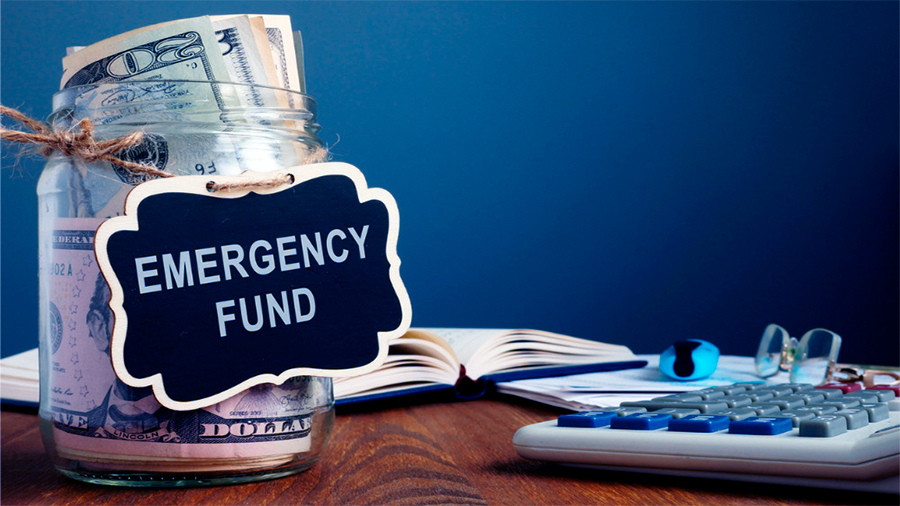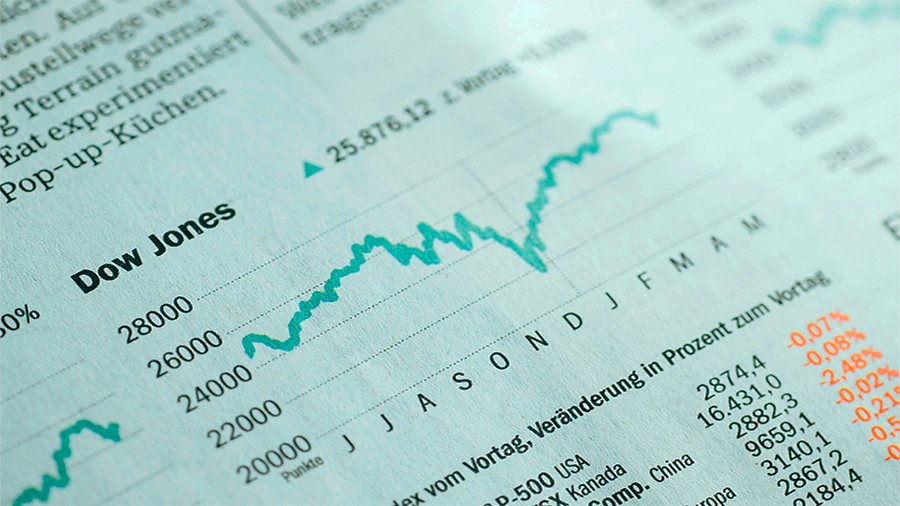
Can Unemployment Lead to Loan Defaults?
Losing a job is tough. It’s stressful, unpredictable, and often hits when you least expect it. But when unemployment shows up and the bills keep rolling in, things get serious fast — especially if you have a loan. Mortgage, car loan, personal credit — none of it stops just because your paycheck does. And for many people, that’s when the real trouble begins. So, can unemployment lead to loan defaults? The short answer is yes. But it’s not automatic, and it’s not hopeless. Let’s look at why unemployment increases loan delinquency — and what you can do to avoid falling behind.
How Job Loss Affects Loan Repayment
The biggest issue is obvious: no income means no easy way to make payments. Most people don’t have months of savings sitting around, especially if they’re already juggling loans. When a paycheck disappears, the first things to go unpaid are usually the fixed costs — rent, mortgage, auto loans. If you miss a payment or two, lenders may work with you. But go longer than that, and you’re in default territory. From there, things get harder to reverse.
This isn’t a rare event. During economic downturns, loan defaults tend to spike alongside unemployment. The link between job loss and loan trouble isn’t just anecdotal — it shows up in the data, clearly and consistently.
| Unemployment Rate (%) | Loan Delinquency Rate (%) |
|---|---|
| 3.5 (Low) | 2.1 (Stable) |
| 5.0 | 3.8 |
| 8.0 | 6.5 |
| 10.0 (High) | 8.9 (Elevated) |
As jobs disappear, people miss payments. Not because they’re irresponsible — but because the math stops working. Even borrowers with solid payment histories can default when the income vanishes and there’s no cushion to absorb the shock.

Which Loans Are Most at Risk During Unemployment?
Not all debt is equally vulnerable during hard times. Some loans are more likely to default than others when people lose work. Credit cards and personal loans are usually hit first. They’re unsecured — meaning there’s no house or car tied to them — so people sometimes deprioritize them when cash is short.
Auto loans come next. Miss a few payments, and the car could be repossessed. But for many, the car is necessary to look for work or return to a job, so they fight harder to keep it current. Mortgages are the slowest to default, partly because foreclosure takes time, and partly because housing is the last thing most people are willing to lose. Still, if unemployment drags on, even the most stable borrower can struggle to keep up.
| Loan Type | Average Default Spike During Unemployment (%) |
|---|---|
| Credit Card | +5.2 |
| Personal Loan | +4.7 |
| Auto Loan | +3.5 |
| Mortgage | +2.1 |
It’s also worth noting that newer borrowers — people who just took out loans in the past year or two — tend to default faster than long-term borrowers. They haven’t built up payment history or equity, and may have stretched their finances to get approved in the first place.
Why Emergency Funds Matter (and Why Most Don’t Have One)
The best defense against default during unemployment is simple: savings. But most people don’t have enough. According to recent surveys, over 50% of workers couldn’t cover one month of expenses without income. That gap turns a temporary job loss into a financial crisis fast.
Emergency funds work because they buy you time. Even one month of expenses set aside can cover a few payments and keep your credit intact while you figure things out. But building that fund takes discipline — and often gets pushed aside when money’s tight. Unfortunately, it’s when you don’t have it that you realize how valuable it would have been.
What to Do If You Lose Your Job and Have Loans
If you’re suddenly unemployed, your first move is not to panic — it’s to prioritize. List all your debts, their due dates, and the minimum payments. Figure out what you can realistically pay. If there’s a shortfall, don’t wait — contact your lenders immediately. Many have hardship programs that allow for deferrals, temporary forbearance, or reduced payments. But they won’t offer help if you don’t ask.
Unemployment benefits can help close the gap. So can part-time or gig work, at least in the short term. The goal is to keep your financial profile intact while you’re job hunting — even if that means making minimum payments instead of paying down balances aggressively.
Also, resist the urge to borrow more unless absolutely necessary. Adding new debt to cover old debt can spiral quickly, especially without a clear return-to-work date. Instead, focus on protecting what you already have — especially essentials like housing and transportation.

The Role of Lenders During Economic Downturns
During big economic shifts, like recessions or pandemics, lenders don’t want mass defaults either. Most would rather work with you than chase missed payments. During COVID, for example, many banks introduced flexible loan terms, paused foreclosures, and waived late fees. While not every crisis gets the same response, it’s worth checking what’s available before assuming you’re out of options.
Some government programs also kick in during high unemployment — offering mortgage relief, expanded benefits, or protections against eviction and foreclosure. These vary by country and region, but they can offer valuable breathing room if your situation drags on longer than expected.
How to Rebuild After Loan Trouble
If you do fall behind during unemployment, recovery is possible. Start by getting current on your payments as soon as income returns. If accounts were sent to collections, work with the agency to settle them — ideally in writing and with payment terms you can stick to. Over time, consistent payments will begin to repair your credit history.
Once you’re stable again, make savings your top priority. Even $50 a month can grow into a buffer. The next job loss, if it ever comes, won’t hit quite as hard if you’re ready. Think of it as insurance for your financial peace of mind.
The Conclusion
Unemployment can absolutely lead to loan defaults — not because people are careless, but because income stops while the debt doesn’t. But default isn’t inevitable. With fast action, honest communication, and a bit of planning, you can stay afloat during the hardest times. And if you’ve already slipped, you can climb back. The system isn’t always kind, but knowing how it works gives you an edge. Jobs may come and go, but smart financial decisions stick with you. Start there, and you’ll be in better shape — job or no job.

 Michael Turner is a finance expert passionate about simplifying credit, loans, and debt management. He helps readers make smart, confident financial decisions every day.
Michael Turner is a finance expert passionate about simplifying credit, loans, and debt management. He helps readers make smart, confident financial decisions every day.